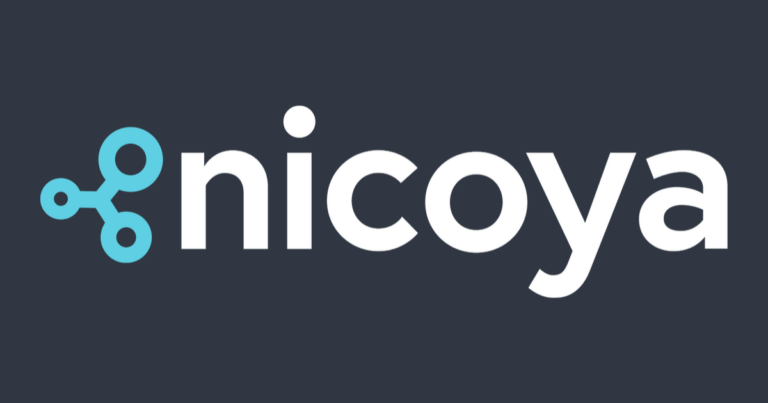Neurogene Inc. (Nasdaq: NGNE), a clinical-stage biotechnology company focused on developing transformative gene therapies for rare neurological diseases, has announced a key regulatory update for its NGN-401 gene therapy in Rett syndrome. The company completed discussions with the U.S. Food and Drug Administration (FDA) regarding its Embolden™ registrational trial protocol and plans to initiate patient dosing in the fourth quarter of 2025, with enrollment expected across 13 sites in response to strong interest from the Rett syndrome community.
“In preparation for the Embolden registrational trial, we expanded our clinical trial footprint and have more than doubled our presence in the United States,” said Rachel McMinn, Ph.D., Founder and CEO of Neurogene. “Being part of the FDA’s START pilot program and having RMAT designation, we are well-positioned to engage in early discussions with the FDA with the goal of an expedited BLA submission.”
New Preclinical Data Supports Intracerebroventricular Delivery
Neurogene also shared preclinical data from nonhuman primates (NHPs) demonstrating that intracerebroventricular (ICV) delivery of NGN-401 achieves superior AAV biodistribution in brain regions critical to Rett syndrome, compared with intrathecal lumbar (IT-L) administration. These findings align with data from independent laboratories, reinforcing the growing consensus that ICV delivery maximizes transgene expression in key areas of the CNS.
“Feedback from the Rett syndrome community and key opinion leaders highlights that the decision to pursue gene therapy hinges on the potential for meaningful improvement,” said Dr. McMinn. “The ICV route data presented at the ESGCT Congress provide a potential explanation for the multi-domain skill improvements observed in our previously reported Phase 1/2 NGN-401 efficacy data. Importantly, systemic exposure was comparable between ICV and IT-L administration, confirming no liver-sparing benefit with IT-L, consistent with clinical experience for intra-CSF administered therapies.”
Head-to-Head Comparison of ICV vs. IT-L in NHPs
The study compared ICV and IT-L administration of NGN-401 at a dose approximating the human clinical dose (1E15 vg) alongside an IT-L dose approximately four times higher than the clinically relevant dose. Key results presented at the European Society of Gene & Cell Therapy (ESGCT) Annual Congress in Seville, Spain, included:
- Higher transgene expression in key brain regions: ICV administration drove greater full-length MECP2 mRNA expression in regions central to Rett syndrome pathophysiology compared to the same IT-L dose. RNA expression in the lumbar spinal cord was similar between routes.
- Superior expression at higher IT-L dose: ICV outperformed even the IT-L cohort that received a fourfold higher dose, reinforcing the efficiency of the ICV approach.
- Comparable peripheral exposure: Vector genome distribution in peripheral organs, including the liver, was similar between equivalent ICV and IT-L doses, consistent with prior clinical observations from intra-CSF therapies.
Presentation Highlights at ESGCT Congress
Neurogene presented two posters at ESGCT:
- Route matters: intracerebroventricular (ICV) delivery of NGN-401 drives superior transgene expression to key areas of the brain when compared to intrathecal (IT-L) delivery at clinically relevant dose — implications for a one-time gene therapy for Rett syndrome
- Hemophagocytic lymphohistiocytosis (HLH)/hyperinflammatory syndrome following high dose AAV9 therapy (Encore from 2025 IRSF Rett Syndrome Scientific Meeting)
Preparing for Registrational Trial
The Embolden™ trial will leverage the regulatory alignment achieved through FDA discussions, aiming to deliver a one-time gene therapy capable of producing meaningful clinical improvements in patients with Rett syndrome. By expanding its U.S. clinical footprint and incorporating insights from the NHP studies, Neurogene seeks to optimize dosing strategies and maximize therapeutic outcomes.
“The strong engagement from patients, families, and key opinion leaders underscores the urgency and need for innovative therapies in Rett syndrome,” Dr. McMinn added. “Our team is focused on safely bringing NGN-401 to patients while collecting critical data that will support broader access and regulatory approvals.”
Forward Outlook
With Q4 2025 dosing planned, Neurogene is positioned to advance the Embolden™ registrational trial while continuing to expand its clinical, operational, and research capabilities. The company remains committed to leveraging regulatory designations, robust preclinical data, and patient engagement to accelerate the development of life-changing gene therapies for rare neurological disorders.
By combining innovative delivery strategies, rigorous clinical protocols, and strong community engagement, Neurogene aims to provide transformative treatment options for Rett syndrome, addressing unmet medical needs and setting a new standard in gene therapy development.



